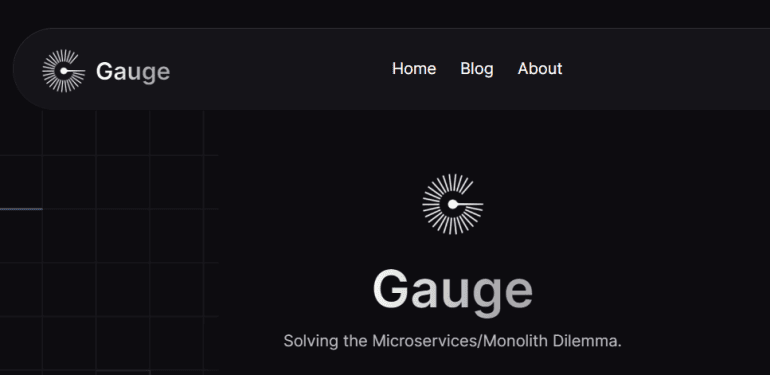- Gauge addresses startup challenges of code sprawl and tightly coupled services.
- Introduces “Tach” for building modular monoliths, bridging microservices benefits without complexities.
- Enhancements include test analysis, visualization tools, and a Rust-based core for speed.
- Tach manages Python module dependencies with public interfaces, promoting clean, decoupled designs.
- Integrates seamlessly with existing systems, offering cached task execution and robust deployment pipelines.
Main AI News:
In the fast-paced world of startups, rapid development is key to success. However, this often leads to code sprawl and tightly coupled services, inevitable consequences when velocity trumps code quality. As startups scale, even minor feature additions or refactorings become daunting tasks. Many turn to microservices as a solution, akin to rearranging a sink in a cluttered kitchen—promising flexibility but introducing complexities like orchestration, lifecycle management, and versioning dependencies.
Enter Gauge, a visionary startup dedicated to solving the microservices vs. monolith debate with innovative open-source solutions. At the heart of Gauge’s approach is “Tach,” a groundbreaking tool enabling teams to build modular monoliths. By breaking down monolithic structures into discrete modules with well-defined interfaces, Gauge empowers developers to harness the benefits of microservices without the associated overhead. Recent advancements, including enhanced support for test effect analysis, visualization tools, and a core rewrite in Rust resulting in a remarkable speed increase (~19x), underscore Gauge’s commitment to simplifying complex development challenges.
Tach facilitates seamless management of Python module dependencies, promoting modular, loosely coupled designs that streamline both development and maintenance efforts. Modules can define public interfaces, reducing dependency entanglements and fostering cleaner, more manageable codebases. Furthermore, Tach integrates smoothly into existing infrastructures, offering features such as intelligent cached task execution, robust architecture enforcement, and automated build and deployment pipelines.
Looking ahead, Gauge plans to expand its suite of tools for scaling modular monoliths with enhancements like intelligent cached task execution and advanced deployment strategies. This approach not only preserves the advantages of microservices—such as fault tolerance and independent scalability—but also democratizes their adoption, making them accessible to startups seeking efficient scaling solutions.
Gauge’s innovative approach reflects a broader industry trend towards modular architectures that combine the best of monolithic stability and microservices agility. As pioneers in the field, Gauge continues to redefine how startups approach software development, empowering teams to build robust, scalable applications with confidence and efficiency.
Conclusion:
Gauge’s innovative approach to modular monoliths marks a significant advancement in software architecture for startups. By offering the benefits of microservices without the usual complexities, Gauge not only enhances development efficiency but also sets a new standard for scalable, maintainable software solutions in the market. This shift towards modular monoliths is likely to influence how startups and established companies alike approach software development, emphasizing flexibility and scalability without sacrificing stability.

